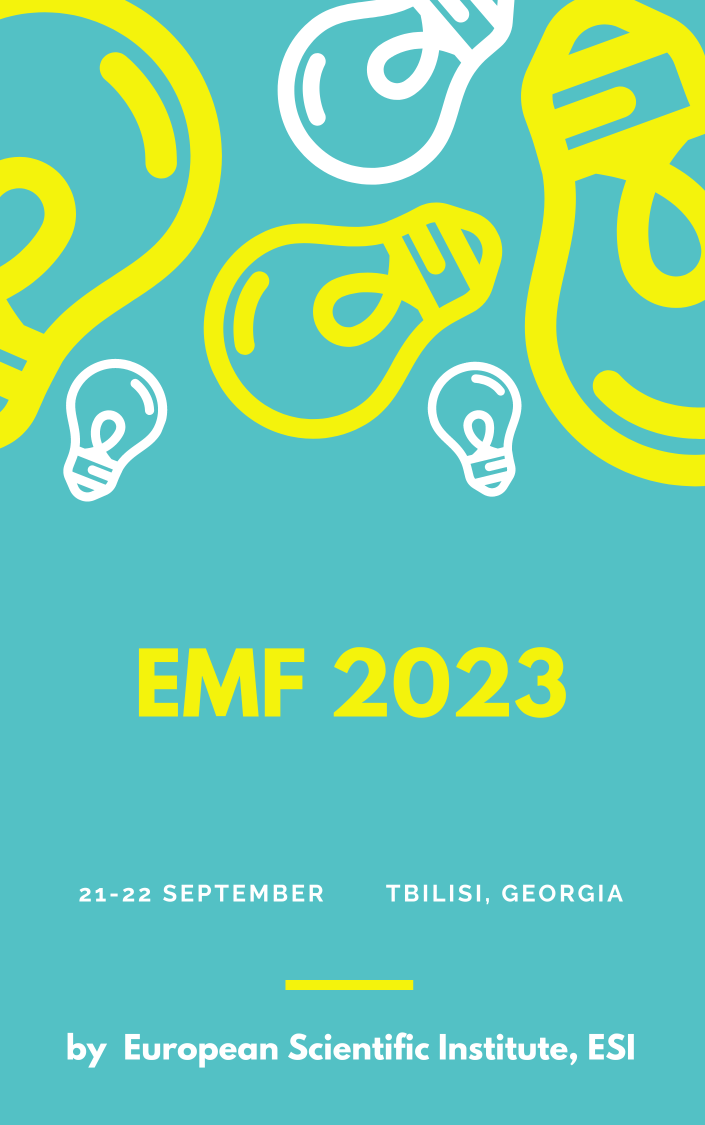Social Context of Civil Process for Sustainable Development
Abstract
This paper focuses on the existing mechanisms for the participation of vulnerable persons, including persons with disabilities and children, in civil disputes. As modern democratic society develops the concept of a social state, ensuring equal conditions for the participation of vulnerable persons in civil turnover is essential. Hence, the aim of the study is to identify existing legislative gaps and challenges that prevent the participation of vulnerable persons in civil disputes. Humanity has agreed on a sustainable development plan, in which social sustainability is set as one of the main goals. However, modern civil procedure law is mainly based on the codification of the 19th century, which in turn originates from Roman law. Since then, public relations have changed and modern technologies are constantly developing. The concept of a digital judge, smart contracts, and a blockchain system has already emerged. Therefore, the regulations of civil proceeding do not respond to modern challenges, and it is necessary to update civil procedure legislation in order to provide an equal platform for the participation of vulnerable persons in civil disputes. The purpose of the article is to review the rules of civil procedure law in terms of a social context based on the international approaches, practices, and research. Through a mixed-quantitative, qualitative, and general research methods, as well as comparative analysis, specific recommendations are introduced that will bring civil dispute resolution closer to sustainable development plans and ensure the equal participation of vulnerable persons in civil dispute.
Downloads
PlumX Statistics
References
2. Cooper, J. A. (2001). An Introduction to Class Action Procedure in the United States.
3. Chkonia, Z. (2014). "Development of judicial organization and civil process in Georgia", (historical-legal analysis), Justice and Law, N3(42), 83.
4. Clermont, K. M. (2016). Civil Procedure's Five Big Ideas. Michigan State Law Review, 57.
5. Eidenmüller, H. & Wagner, G. (2021). Law by Algorithm, [Algorithmisches Recht.]. XII.
6. ELI/UNIDROIT (2021). Model European Rules of Civil Procedure. OISD. Oxford University for Sustainable Development.
7. Fabbi, A. (2013). Privatizing’ Civil Justice Through Procedural Agreements: A Comparative Law Analysis, New York University, School of Law, 1.
8. Guarnieri, C., Pederzoli, P. & Thomas Ch., A. (2002/1). The power of judges: a comparative study of courts and democracy European Secretariat for Scientific Publications, Oxford University Press. 160.
9. Holland, T. (1968). Five elements of jurisprudence (5th ed. 1885) see in: Damaska,, a continental lawyer in an American Law Scholl: Trails and Tribulations of Adjustment” v. 116, U. Pennsylvania Law Review. 1968, 1365 p.
10. Javakhishvili, I. (1908). History of the Georgian nation.
11. Kharitonashvili, J. (2021). Journal Association "SEPIKE" Edition 29, Economics through the Prism of Pluralism, 47. https://5b925ea6-3d4e-400b-b5f3-32dc681218ff.filesusr.com/ugd/b199e2_1629e175d01b454b9dfcbf05624499f4.pdf
12. Klein, F. Pro Futuro (1891). https://diglib.uibk.ac.at/download/pdf/44?name=Pro%20futuro;
13. Liluashvili, T., Liluashvili, G. & Khrustali, V. (2014). Civil Procedural Law of Georgia, Part I, Tbilisi, 89.
14. Oberhammer, P. & Domej, T. (2005). European Traditions in Civil Procedure, edited by Van Rhee C.H., Intersentia Antwerpen – Oxford, 2, 121.
15. United Nations (2015). Resolution A/RES/70/1 of September 25, https://undocs.org/A/RES/70/1
16. Van Rhee, C.H. & Uzelac, A. (2012). The pursuit of truth in contemporary civil procedure: revival of accuracy or a new balance in favor of effectiveness? Truth and Efficiency in Civil Litigation. Fundamental Aspects of Fact-finding and Evidence-taking in a Comparative Context. 3.
17. Storme, M. (2005). A Single civil procedure for Europe : A Cathedral builders’ dream, Ritsumeikan Law Review No. 22, 96-97.
18. Wisner, Blaikie, Cannon & Davis (2003). At Risk: natural hazards, people’s vulnerability and disasters, Second edition.
19. Zweigert, K. & Koetz, H. (2000). Introduction to comparative law, 1st part. Tbilisi. Translated into Georgian, publishing house, "JCI”.p. 84.
Copyright (c) 2024 Nino Kharitonashvili

This work is licensed under a Creative Commons Attribution 4.0 International License.








